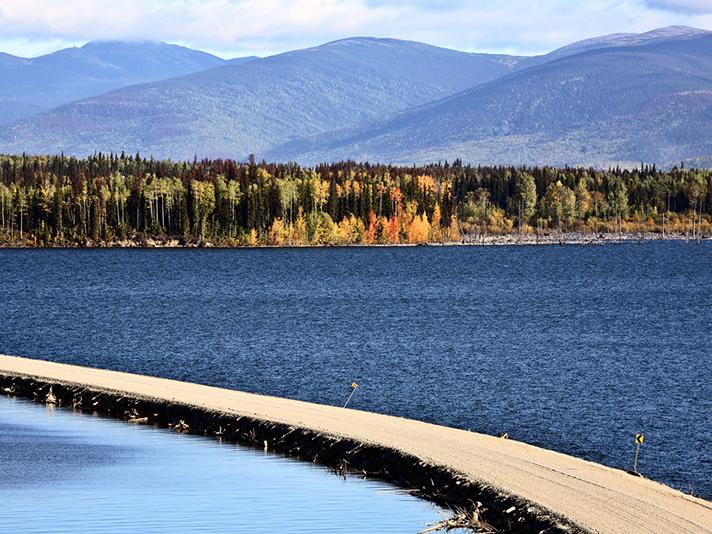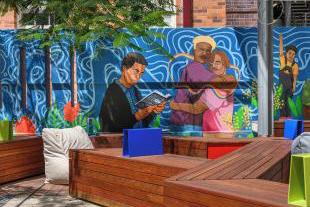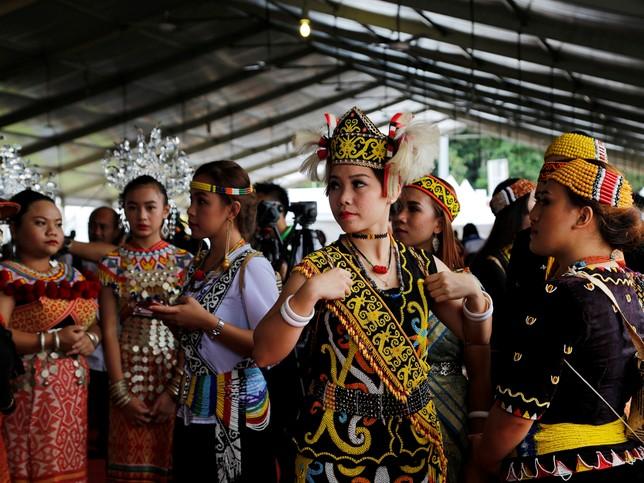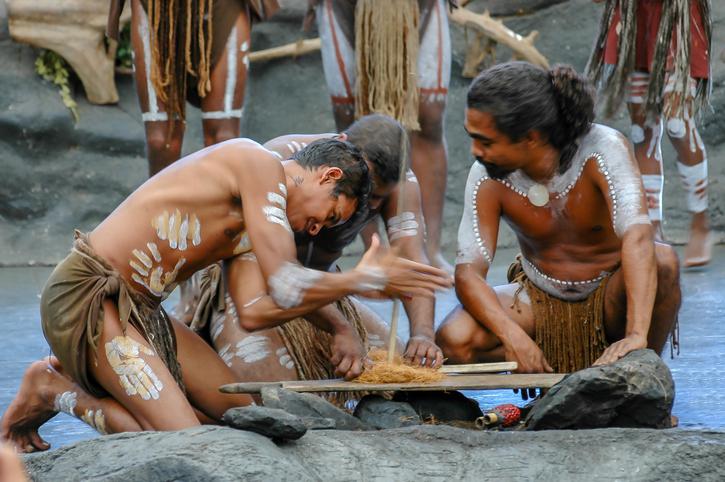
Truth is necessary for reconciliation
You may also like
One of my pet peeves as a historian and Indigenous studies scholar is how often people in general, but fellow scholars in particular, say things about Indigenous topics that are either generalisations or just flat out wrong. While it should be obvious why the latter annoys me, the former can be equally aggravating when the baseline of knowledge is so low that generalisations not only get accepted as the gospel truth but become the standard by which future information is judged. What is perhaps even worse, in either situation, is the realisation that false claims – even as part of what is said – can be used to discount other statements the discoverer finds troubling.
Neither of these outcomes promotes reconciliation. In each case, it potentially results in Indigenous peoples having to prove themselves against simplifications, and it can create a slippery slope that can lead to all information on Indigenous topics at best being called into question and at worst rejected.
- Resource collection: decolonising the curriculum
- How to bring Indigenous knowledge into classrooms and curricula
- Decolonisation to Indigenisation: how can institutions centre Indigenous knowledge?
Now, I understand the usefulness of generalisations. I have been teaching history, Indigenous studies and education for more than a decade at two post-secondary institutions and at different academic levels. If someone is just learning about a subject, you do not want to overwhelm them with exceptions and nuance. In my senior-level Indigenous history course, I regularly compare generalisations, such as that all Indigenous veterans automatically lost their Indian status for serving, to the planetary model of the atom. They serve their purpose, but part of the learning process is learning why they are wrong. To this end, one of my goals as an educator when it comes to Indigenous topics is to make much of the course content I covered in my first class obsolete because it is common knowledge among first-year students. It will take some time, and I know it is beyond me, but I long for the day when discussion of treaties between Indigenous peoples and the Crown doesn’t start with talking about what treaties are or how they exist in many parts of Canada and allow for non-Indigenous settlement and/or development.
And this highlights a necessary step in reconciliation – education. Next year will be the 10th anniversary of the release of the Truth and Reconciliation Commission’s report on Indian residential schools. It is time for us as educators to begin to move beyond base-level knowledge and generalisations. My nation does not have a treaty and the axiom “We are all treaty people” does not change that, even if it is mostly true, and I do mean mostly true. To make it entirely true, you need to situate it geographically and/or understand it in the context of not everyone having a treaty, and of numerous nations in British Columbia seemingly not interested in having one any time soon. And while some people might be concerned that either qualification diminishes the importance of treaties, it must be remembered that the alternative ignores the contemporary situation and history, if not very existence, of those nations without a treaty. In other words, it is an example of erasure. Moreover, problematising the axiom “We are all treaty people” provides an excellent opportunity to talk about what treaties are and the history of treaty-making in Canada, as well as how Indigenous groups in Canada are diverse, and how this diversity plays out when it comes to their view of treaty.
An unqualified “We are all treaty people” also presents a problem because evidence to the contrary is so readily available. It should be obvious by now, if it was not already, that some scholars and politicians are opposed to or concerned about decolonisation, Indigenisation and/or reconciliation. The reasons for this position are beyond this article, but it is important to say it is simplistic to conclude they are all nefarious or that it is a binary of either supporting these efforts or opposing them. Furthermore, since all three are seeking larger societal change, it is the task of those working towards this transformation to promote change in everyone, not just those who are receptive or indifferent. This undertaking is difficult enough, and because of confirmation bias and perceptions of plausibility it can become harder when generalisations are presented as absolutes. After all, what better excuse is there to discount something said to you that you do not like than to identify it as falsehood – any falsehood, no matter how minor – and use it to call into question or make suspect everything else that is said.
Details matter, history is not a morality play, and Indigenous research is research, meaning that the corpus of knowledge changes and expands as research occurs. It’s been more than five years since Kivalliq Hall was recognised as the last Indian residential school and pushed back the year that the last one closed to 1997. I am still surprised how many people do not know this change happened. And to be clear, it does not do anything to make the residential school system better. In fact, it makes it worse by extending its timeline and increasing the number of survivors.
Still, I think it is a concern that details and nuance, especially when they are exceptions to general trends, might be seen as somehow lessening negative things in the past that sometimes stop people moving beyond generalisations. We need to overcome this fear, especially since, as I often argue, exceptions do not make horrible things better; they make them worse by highlighting that they are not necessary and often arbitrary. And more importantly, if we hope to move towards reconciliation, we need to move beyond generalisations and kind words that give ammunition to those opposed to and/or concerned by it. We need more than an introduction to reconciliation.
Daniel Sims is associate professor of First Nations studies at the University of Northern British Columbia.
If you would like advice and insight from academics and university staff delivered direct to your inbox each week, sign up for the Campus newsletter.
Additional Links
For more resources on this topic, see our spotlight on Indigenous voices in higher education.




